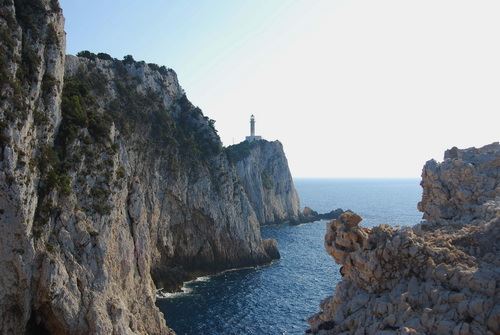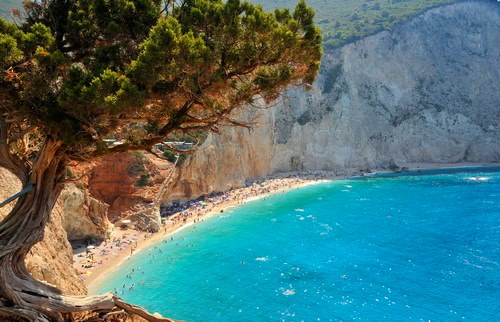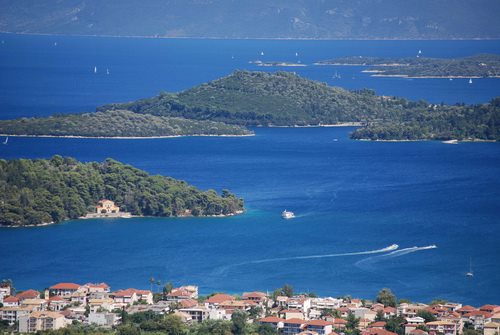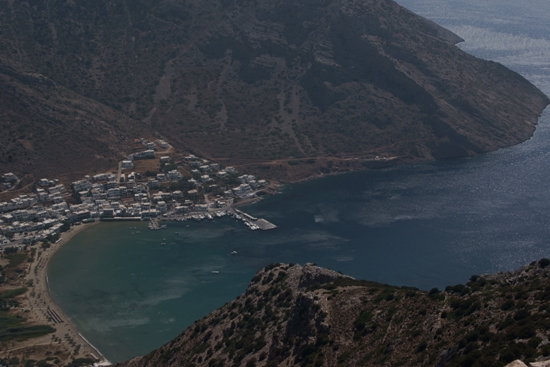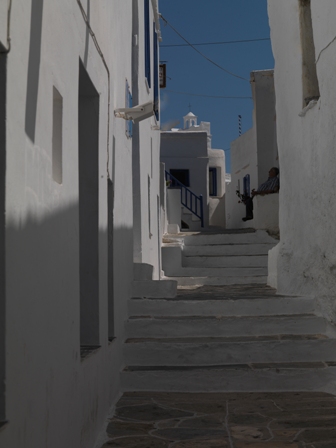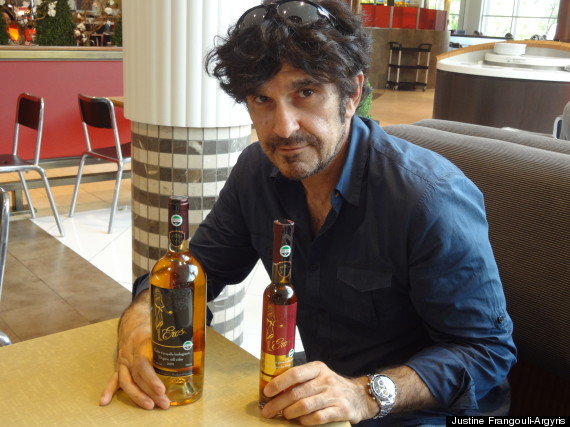The
Making of a Greek Democrat and Political Maverick
I.B. Tauris, July 2012
ISBN: 978-1-78076-080-3, ISBN10: 1-78076-080-9,
6.175 x 9.250 inches, 256 pages,
Greece in the 1960s produced one of Europe's arguably most controversial
politicians of the post-war era. The contrarian politics of Andreas Papandreou
grew out of his conflict laden re-engagement with Greece in the 1960s.
Returning to Athens after 20 years in the US where he had been a rising member
of the American liberal establishment, Papandreou forged a social
reform-oriented, nationalist politics in Greece that ultimately put him at odds
with the US foreign policy establishment and made him the primary target of a
pro-American military coup in 1967. Venerated by his admirers and despised by
his detractors with equal passion, the Harvard-educated Papandreou left in his
wake no clear-cut answer to the question of who he was and what he stood for.
Andreas Papandreou chronicles the events, struggles and ideas that defined the
man's dramatic, intrigue-filled transformation from Kennedy-era modernizer to
Cold War maverick. In the process the book examines the explosive interplay of
character and circumstance that generated Papandreou's contentious, but
powerfully consequential politics.
Praise
"The author has done a marvelous job of research on Andreas
Papandreou and has brought him back to life." – Professor Dale Jorgensen,
Harvard University"Spyros Draenos has chosen a difficult and elusive
topic – Andreas Papandreou – and has managed admirably to walk the tightrope of
objectivity balancing between hagiography and demonization. He highlights the
ambivalence of a brilliant man (Andreas) torn between the lure of academia and
the charm of politics and between the vastness of America and the primordial
call of a return to his roots." – Ted Couloumbis, University of
Athens"Discovering and presenting the 'real' Andreas, his personality, ideological
underpinnings, and lasting achievements is a Herculean undertaking that
requires special skills and talents. [...] Stan Draenos has proven himself
equal to this formidable task and all who study Greek politics owe him a debt
of gratitude for his remarkable accomplishment. [...] He has produced a
political biography that is highly readable, penetrating, and rich in detail
and analysis. Draenos' work is bound to remain the bench mark against which the
efforts of future biographers will be measured." – John O. Iatrides,
Southern Connecticut State University"Spyros Draenos has produced the
first serious attempt in English to analyze the career and personality of one
of the most fascinating and complex Greek political leaders of the 20th
century, Andreas Papandreou. During his long tenure as prime minister,
Papandreou infuriated his western allies, but also played a major role in
transforming Greece into a modern European state. This book will be essential
reading for anyone who wants to know how and why." – Monteagle Stearns, US
Ambassador to Greece, 1981-1985
Stan Draenos holds a PhD in Political Science from the University of
York (Toronto). A political analyst, historian and consultant, his articles
have appeared in numerous publications, including Historical Review,
Salmagundi, Ta Nea and the Los Angeles Times. He served for several years as
Historian at the Andreas Papandreou Foundation and has been a Contributing
Scholar at the Woodrow Wilson International Center in Washington, DC and a
Research Fellow at Princeton University, as well as a guest lecturer at the
University of Michigan, City University of New York, the Greek National
Research Foundation and the University of Macedonia.
Preface: In Search of Andreas Papandreou * A Prodigious Youth * The
American Years * Return to Ithaca * The Leap * First Victory * Breaking In *
The National Question * A Fateful Dynamic * Worsening Malaise * The Path to the
People * ASPIDA * Collision Course * Apostasy * New Realities * Andreas Rising
* Pivot Point * The Pathos of Change * Derailment * Descent * Free Fall * End
Game * Epilogue * Endnotes * Select Bibliography




